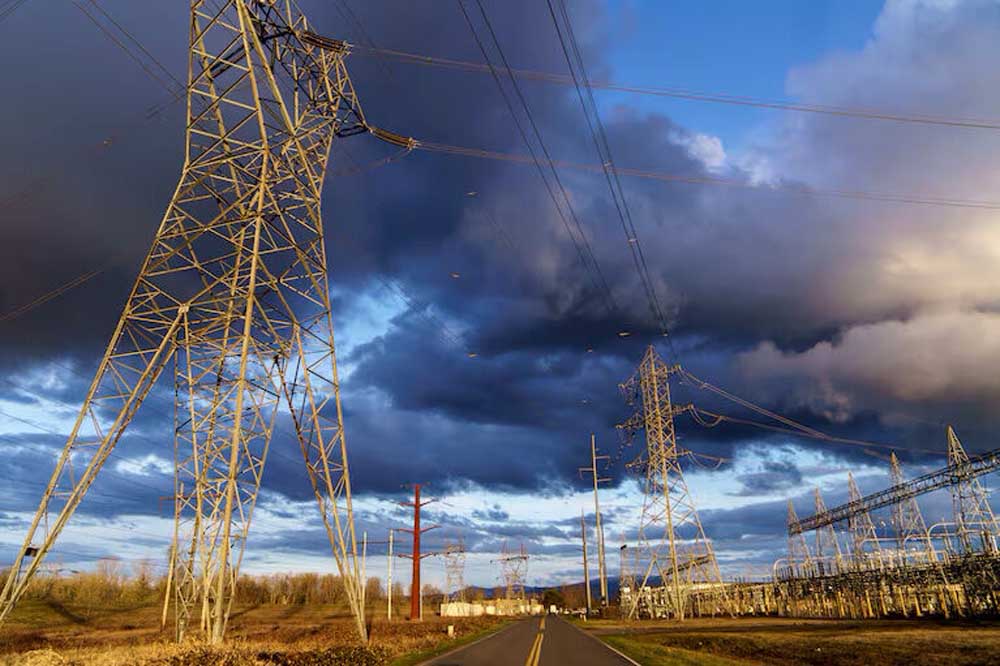Our View: We’re about to see what U.S. agencies did for us
Published 12:15 am Thursday, March 6, 2025

- The Bonneville Power Administration Troutdale substation, right, and transmission towers.
Living on the far western shore of the continent, there’s an unspoken assumption we are insulated from decisions made 2,400 miles away in Washington, D.C. — that more distance means less impact. Current events prove otherwise.
Arbitrary firings at Bonneville Power Administration, the National Weather Service, the Department of Energy and other federal agencies that serve our interests may not be noticed right away. Perhaps by the time they impact our economy, well-being and safety, many will have forgotten who to hold accountable. But negative consequences are easy to predict.
This is certainly not to suggest that federal departments operate at optimum efficiency. In any gigantic organization, there’s no doubt some agencies have crept into matters a majority of American citizens wouldn’t vote to approve. With few genuine limits in how much money it can borrow — a privilege states, cities and citizens don’t have — Congress probably says yes to too many good causes.
All the same, few voters object to having the affordable and reliable electricity produced by BPA, the forecasts and warnings generated by the weather service, or the Energy Department’s supervision of cleanup work at the Hanford Nuclear Reservation, where the most toxic substances ever created lurk near the Columbia River.
Current and predicted staff cuts at BPA are particularly dumb. Although technically part of the federal government, this well-run electricity producer is wholly funded by regional ratepayers at utilities, including Pacific Power and the Pacific County Public Utility District. Cutting BPA staff won’t save federal taxpayers anything, nor will we see lower electricity bills.
But the loss of up to 430 positions will undercut the electricity wholesaler’s ability to expand the transmission system to serve the Pacific Northwest’s expanding population and power-hungry industries. And if anything demands long-term planning and maintenance, it’s our hydropower system and the infrastructure that gets power to consumers.
Accurately framing the problem, Washington state Gov. Bob Ferguson said, “By cutting the Bonneville Power Administration, President Trump is increasing the risk of blackouts in our region. This is dangerous.”
Our area’s most visible and cherished federal entity is the U.S. Coast Guard. As a branch of the military serving an increasing role in immigration enforcement, it should be relatively safe from the current round of clumsy DOGE/Elon Musk slashing. But there’s no telling how it will fare when attention shifts to defense staffing, including vital civilian employees and contractors.
From our wildlife refuges and National Parks to NOAA Fisheries and the U.S. Army Corps of Engineers, we’re about to see just what the federal government has been doing here at the mouth of the Columbia River. Our ability to influence these decisions will depend on articulate members of Congress, state leaders and the courts. As citizens, it’s up to us to speak up on behalf of federal workers who serve us.





